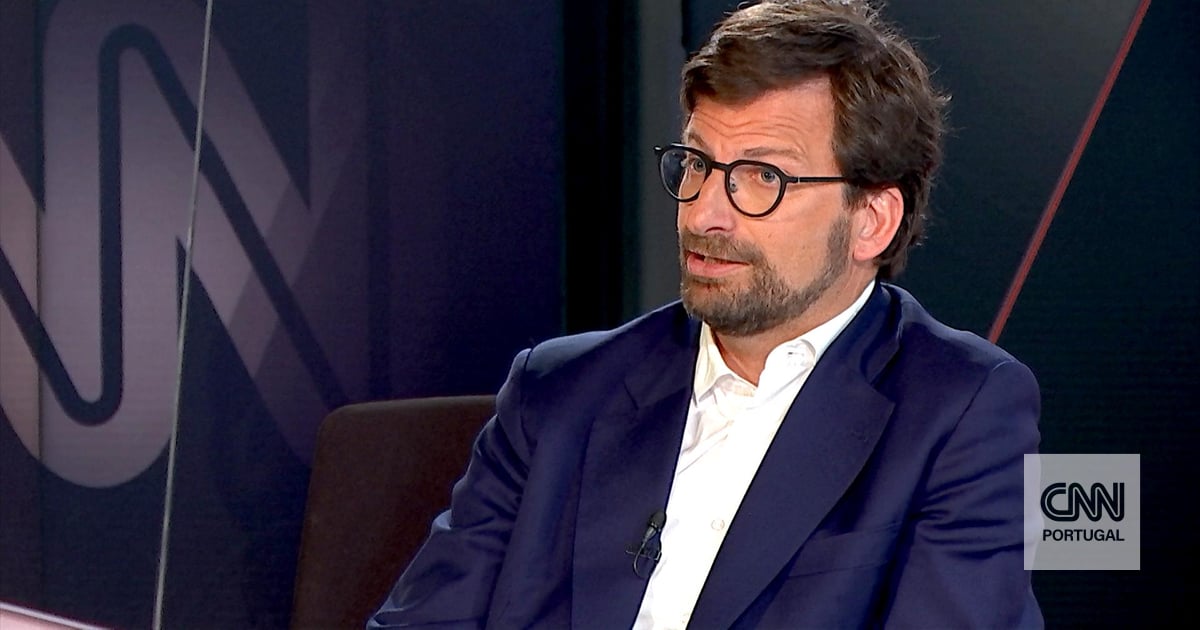Interview || Economist Joao Moreira Rato argues that variable rate debt should not represent more than 15% of total debt.
The subscription to savings certificates has not stopped increasing, and in this scenario, the government must stop this movement, says economist Joao Moreira Rato, arguing that the state should not have more than 15% of its debt in variable price products.
“You can announce to the public that they will have another three months [para subscrever Certificados de Aforro] And that after that, only a smaller amount will be available, otherwise the issuance of certificates will be suspended for three or four months to be restarted later, but with advance notice, “says the economist who, between 2012 and 2014, was at the head of the IGCP, the institute that manages the debt year in Portugal.
At the end of April, according to data released by the IGCP, the Portuguese invested more than 30 billion euros in this government savings product, which, in addition to more than 13 billion euros in treasury certificates, puts almost 15% of the public debt in the hands of the Portuguese. Debt that, unlike Treasury notes or Treasury bills, has a variable interest rate.
“It is likely that the proportion of variable debt will not exceed 15% of the total,” asserts Joao Moreira Rato, not least because Portugal has, for the time being, been able to finance itself through treasury bills and treasury bills at rates of less than 3.5%. It pays for those who subscribe to the certificates. “At the moment, the rates are lower than those of the certificates, later, they may not be throughout the cycle, but they have a predictability that the certificates do not give. For public debt management, this predictability also has some value, ”the economist emphasizes.
Looking at the latest (long-term) Treasury bond issues, it appears that it has already been over 3.5%. In the last three operations carried out, one in February and two in March, the rate ranged between 3.2% and 3.7%. But in (short-term) treasury bill issues, in the last six operations, which took place between January and March, the rates ranged between 2.4% and 3%.
The race for thrift certificates has been so intense that the IGCP has already achieved canceled Two issues of treasury bills Given the “favorable status of the treasury” it enjoys, the government had to review investment limits in relation to these state products.
All reason for the economist to defend that, ideally, the interest rate should have been “corrected last summer,” while emphasizing that “it is very important to maintain the credibility of the product.” In other words, Joao Moreira Rato continues, any changes that may be made “should not appear purely discretionary”.
The economist stresses that he is not defending this position because he is the head of a bank [Banco CTT]while recognizing that banks in general preferred to discontinue savings certificates.
He stresses that “one should avoid over-reliance on one type of instrument, thus, for the time being, the issuance of savings certificates ends up putting a little bit of everything else at risk.” For Joao Moreira Rato, there is the risk of creating a vicious circle in which the state stops issuing bonds, there are no more bonds for investors, they lose interest in Portuguese debt, and one day later, when the state wants to return to this market, there is a general lack of interest by investors. .

“Wannabe internet buff. Future teen idol. Hardcore zombie guru. Gamer. Avid creator. Entrepreneur. Bacon ninja.”

